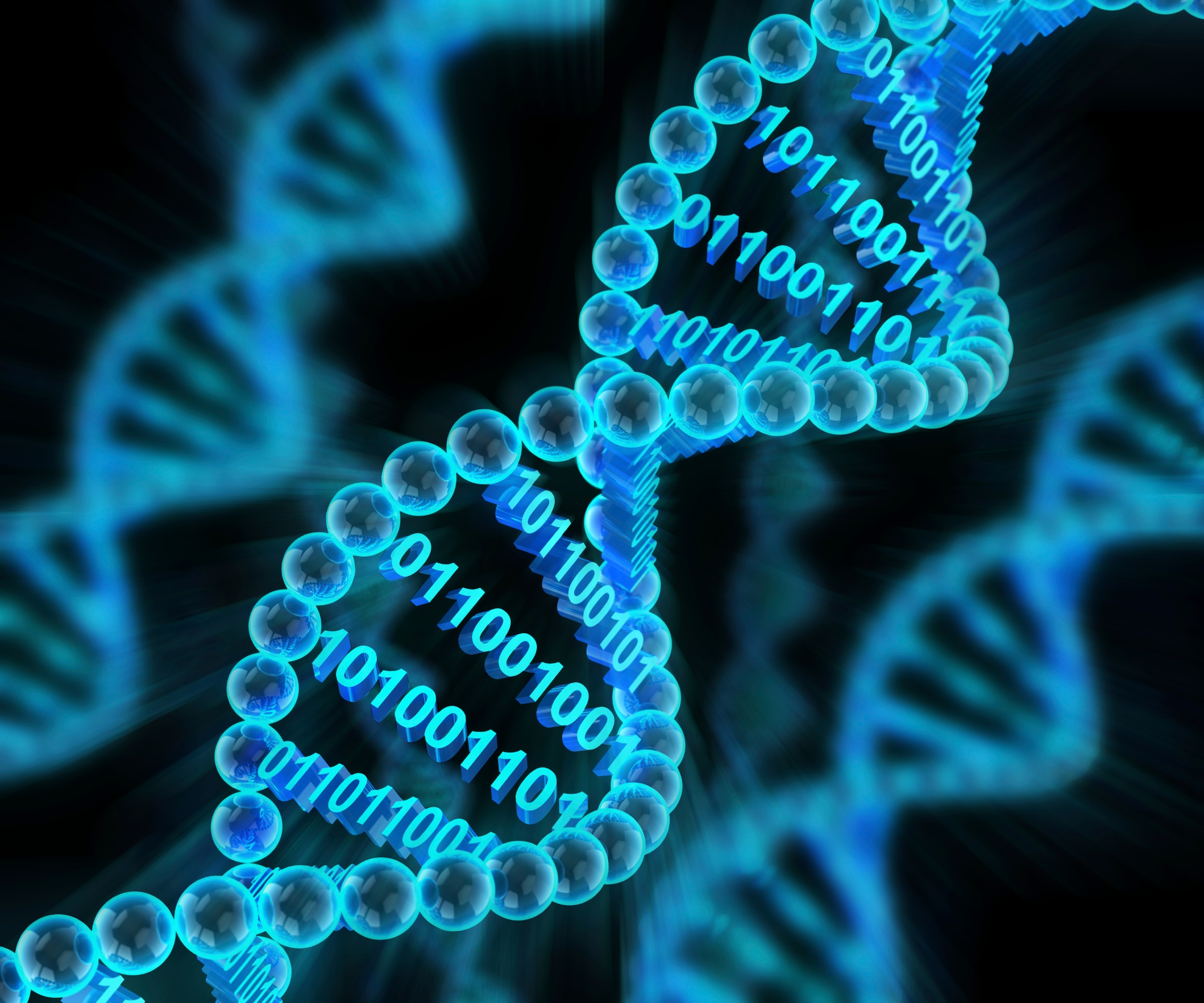OnRamp and Advaita announce a Strategic Partnership to bring collaboration and widespread accessibility to genomic data analysis
San Diego, CA – May 3, 2018 – OnRamp Bioinformatics, Inc., a genomics company providing the premier scientist-focused data analysis platform, and Advaita BioInformatics, a leader in personalized medicine and interpretation of Next-Gen Sequencing data, announced they are partnering to provide a comprehensive research experience from sample to interpretation with a seamless handoff between systems.
OnRamp.Bio’s flagship product, ROSALIND™, enables researchers, drug developers and bench scientists to analyze raw genomics data by providing a transformative experience through point-and-click experiment set up, interactive data visualization and interpretation. This new approach increases productivity by freeing up time for the bioinformatician to focus on more challenging workloads, while making bioinformatic analysis more accessible for the scientist to do more discovery with their data.
Tweet: New approach increases productivity by freeing up time for the bioinformatician to focus on more challenging workloads, while making #bioinformatics analysis more accessible for the #scientist to do more discovery with their data.

Advaita’s iPathwayGuide platform provides an unprecedented view of multi-omics data. Offering an integrated platform including advanced analytical methods, Advaita enables life scientists to quickly gain deep insights from genetic data, no matter where they are across the globe. Advaita’s proprietary algorithm, Impact Analysis, considers all gene interactions on each pathway, providing mechanistic insights that other tools never find.
The guided experience begins with ROSALIND’s biologist-centric experiment design that takes minutes to set-up and follows the NCBI BioSample Data Model. Upon completion of secondary analysis, usually within an hour or two, the results are seamlessly passed on to iPathwayGuide for a comprehensive in-depth analysis. Multi-dimensional information about significant genes, biological processes and pathways can now be navigated in real time, as the user dives deeper into further investigation of their results.
Advaita allows collaborators to fully access and interact with all iPathwayGuide results, while maintaining the highest standards of security. ROSALIND’s collaborative Spaces environment provides the ability to share experiments and explore more with the help of colleagues or a bioinformatician in cases that need additional support.
“This is a critical time in the evolution of the genomics market, as life scientists are looking to shift core processes to biological answers that influence treatments used in personalized medicine." said Tim Wesselman, OnRamp.Bio’s CEO. “Market reports are now estimating a more rapid growth trajectory for genomic analysis, with RNA analysis alone becoming a $3.62B market by 2021. Our partnership with Advaita enables the efficiency and accessibility that is required for multi-omic analyses in this booming market. To eliminate any cost barriers to entry, ROSALIND is free to access and runs an entire analysis at a low $40 per-sample pricing model. These disruptive economics and transformative approach invite researchers without prior command-line or bioinformatics experience to begin analyzing their own data.”
“The seamless integration between ROSALIND and iPathwayGuide at such an affordable price point makes this solution a no-brainer for anyone who wants the best interpretation of their raw Next-Gen Sequencing data” said Sorin Draghici, CEO of Advaita Bio. “Advaita’s HIPAA-compliant platform enables the identification of significant biological processes and precise mechanisms of action. This means that scientists waste less time on dead-ends, but rather develop solutions that address true biological causes, the holy grail of precision medicine. With ROSALIND handling the secondary analysis, these patient-centric approaches are now readily available to everyone, in a one-stop solution, bringing personalized medicine into the realm of the possible.”
About OnRamp BioInformatics, Inc.
Based in San Diego, OnRamp.Bio is a genomics company providing bioinformatics analysis services and cost-effective platforms for the computing and storage of genomic datasets. OnRamp.Bio empowers researchers, biologists and scientists with genomic answers and insights that they can understand and put to action. To learn more about ROSALIND, check out our website http://www.onramp.bio/ROSALIND, find us on Twitter (@OnRampBio) and Facebook, or visit our blog.
About Advaita Bioinformatics
Advaita Bioinformatics is a leader in personalized medicine and interpretation of Next-Gen Sequencing data. Currently, 9 of the top 10 pharma companies rely on Advaita’s state-of-the-art algorithms. Advaita provides a suite of advanced analysis software to more than 14,000 registered users worldwide: iPathwayGuide, for functional interpretation of genes and proteins; iVariantGuide, for genetic variant analysis; and iBioGuide, a search engine for next-generation discovery, revealing connections between genes, pathways, SNPs, drugs, and more. Follow us on Twitter (@AdvaitaBio), sign up for our newsletter, and visit our website www.advaitabio.com to learn more.
Media Inquiries
+1 855-766-7267 ext. 708














